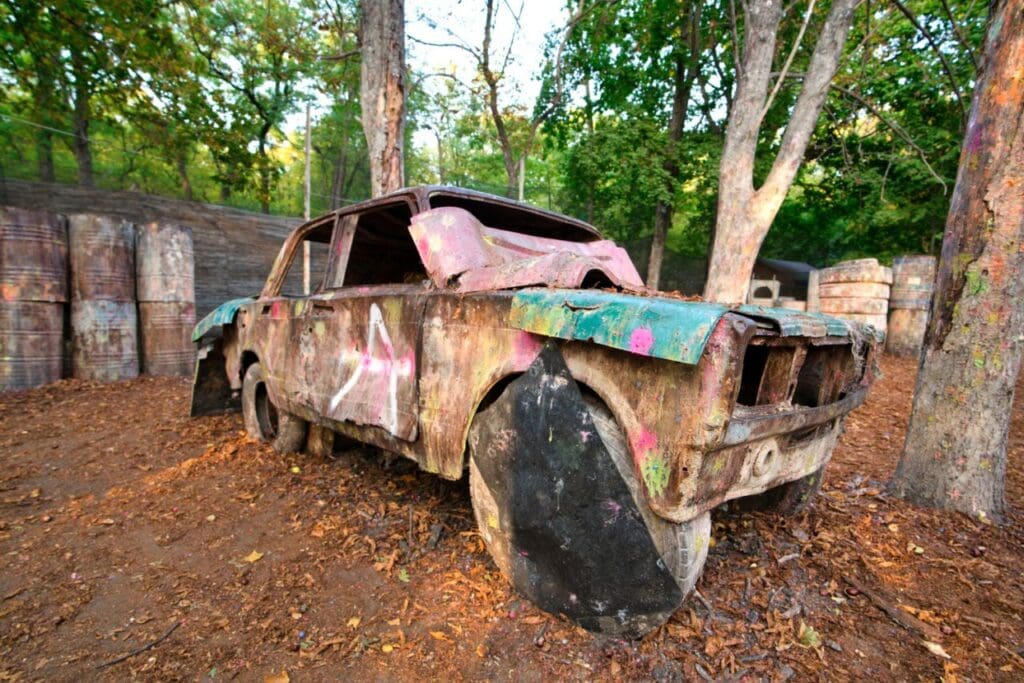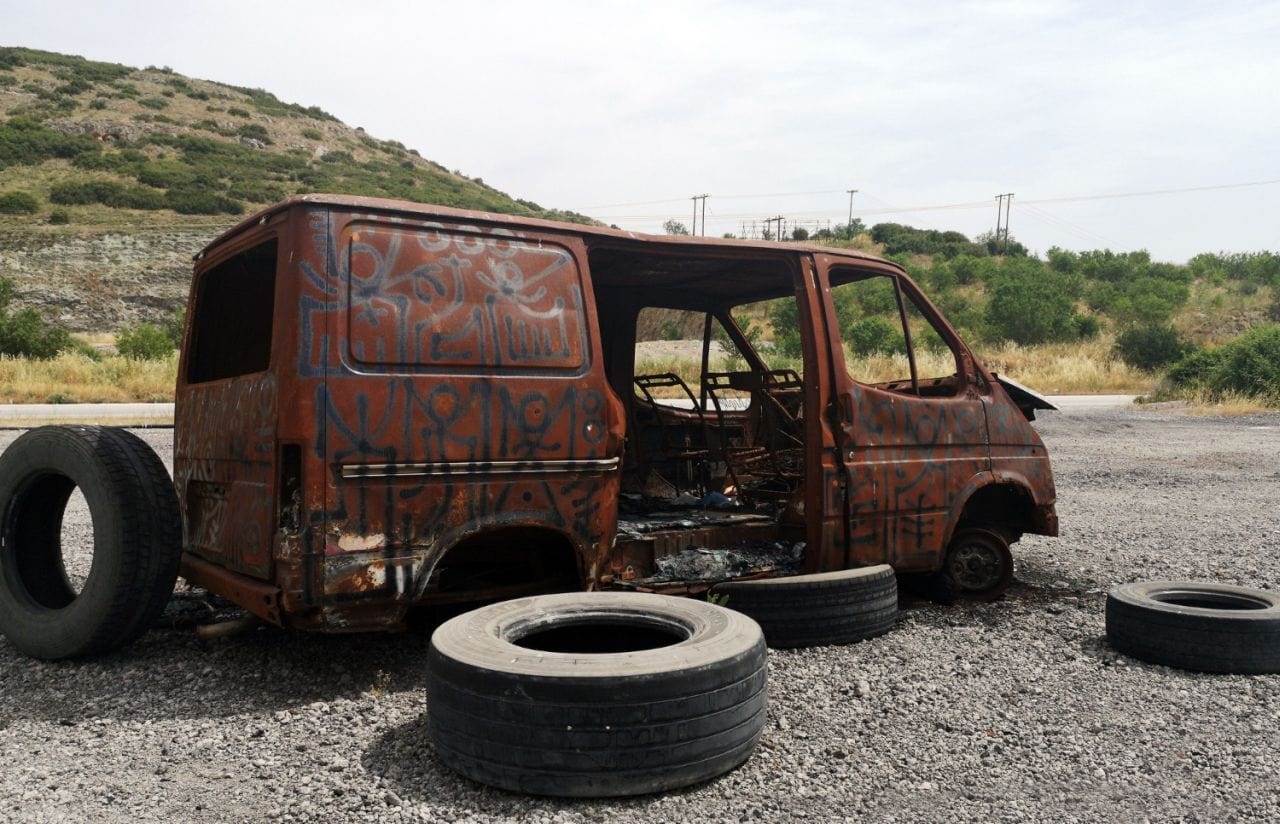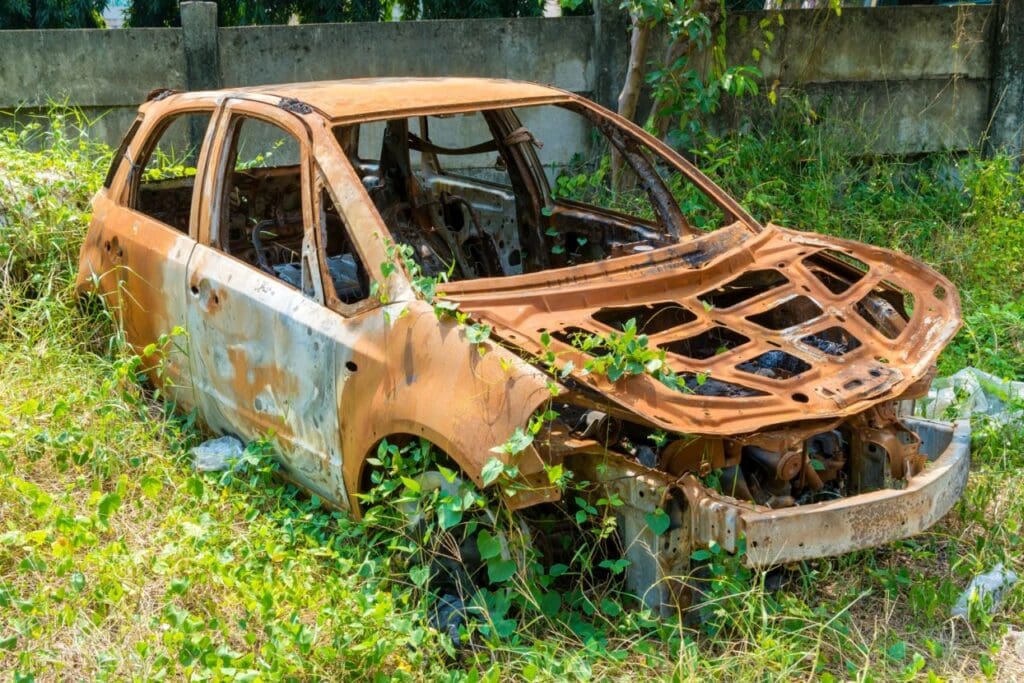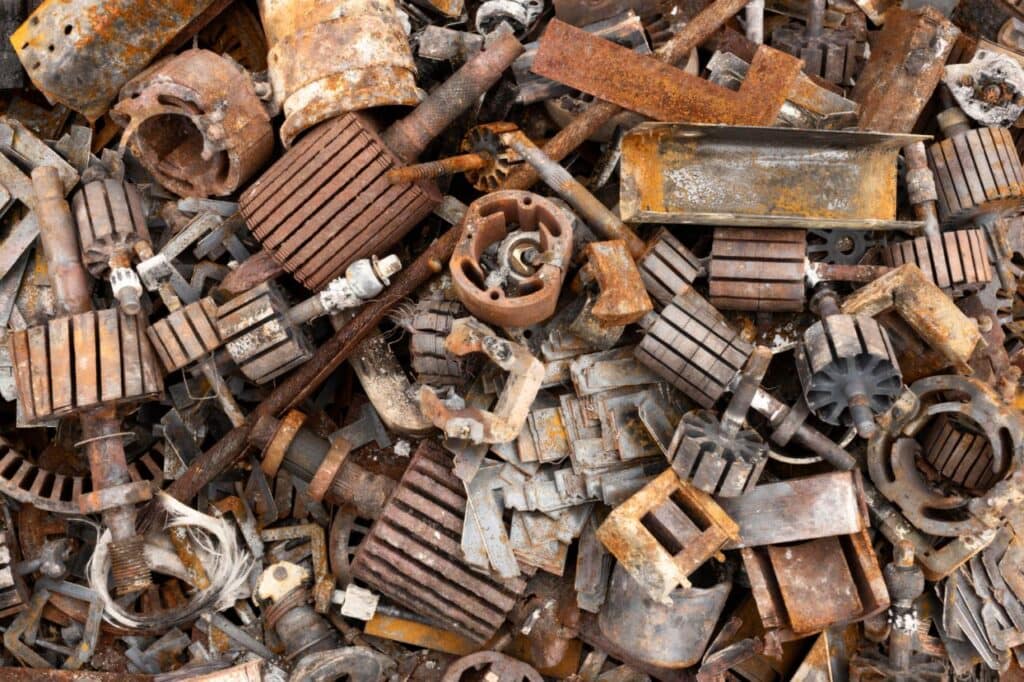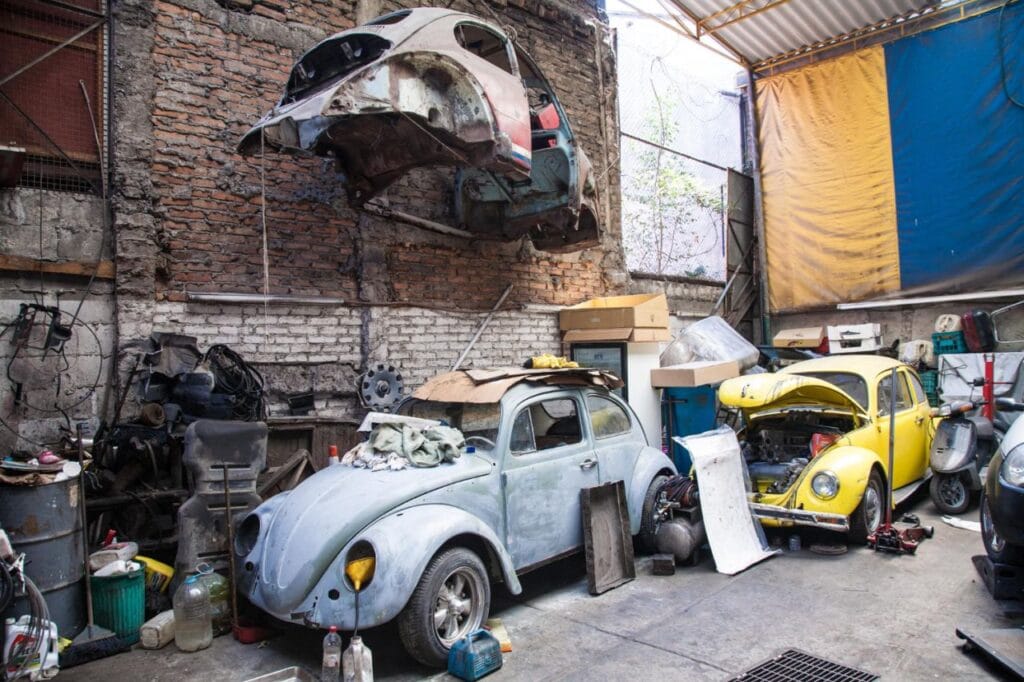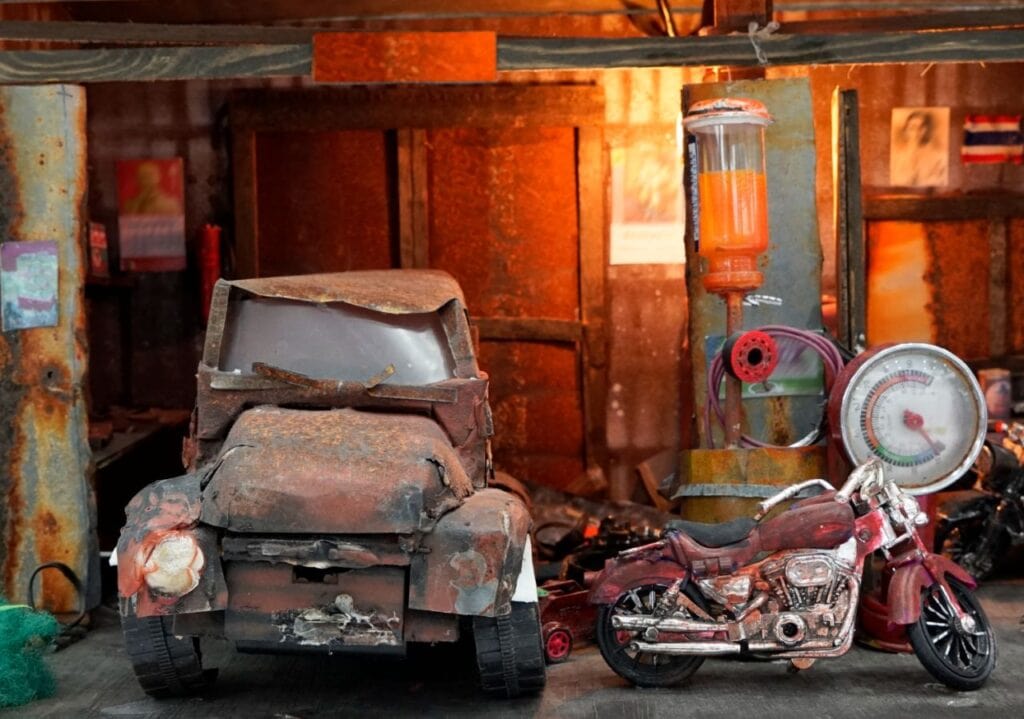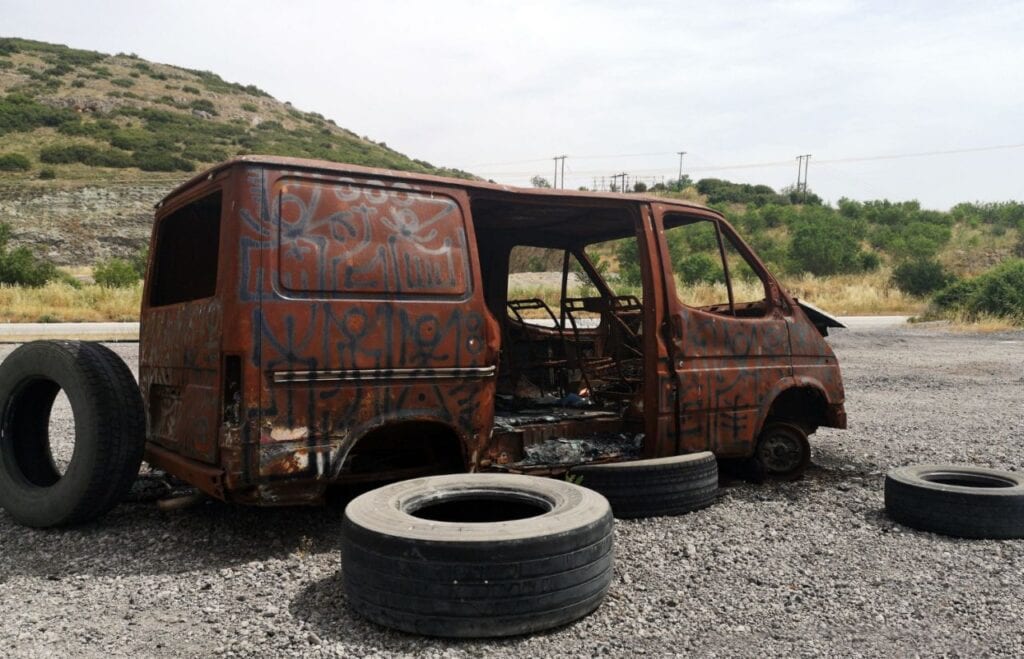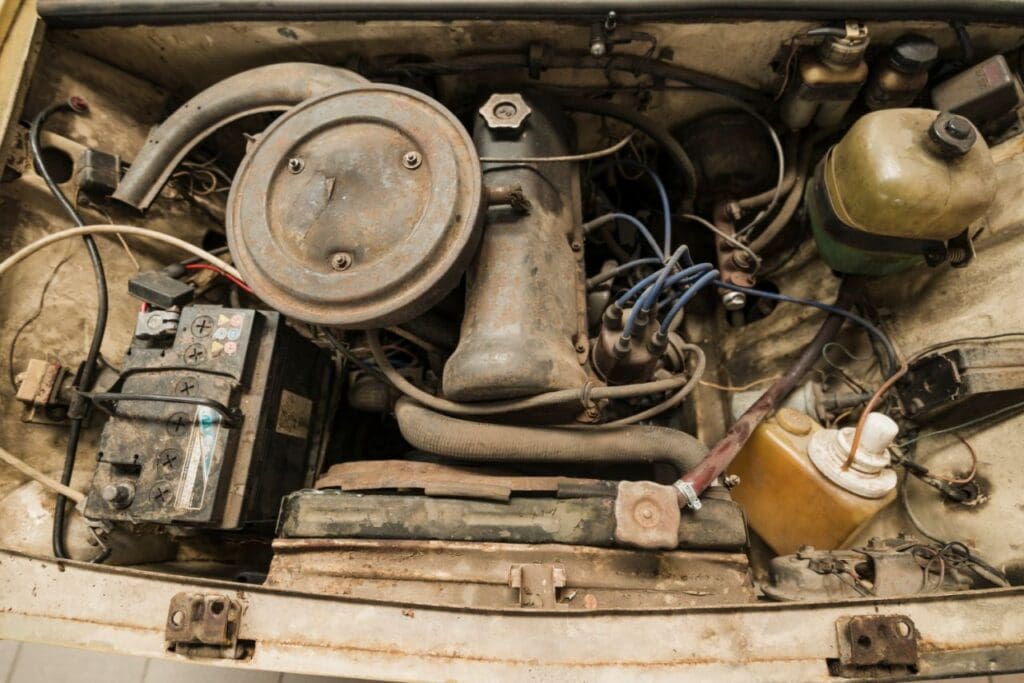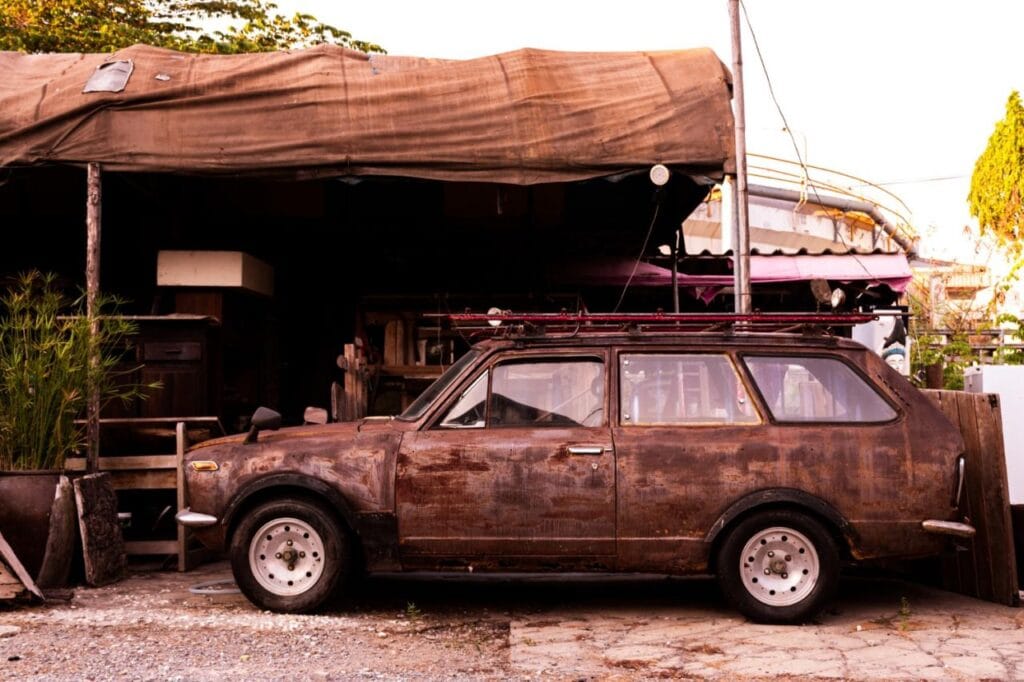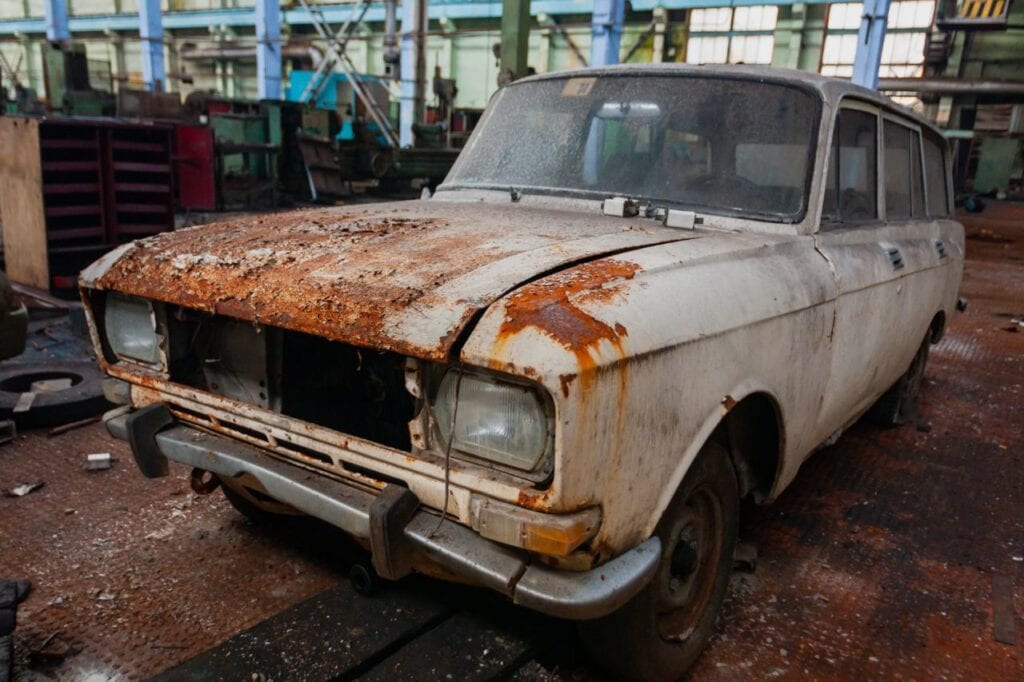It's normal to feel anxious about making your first private car sale. Private sales can be quick, easy, and stress-free in many cases, and often result in a higher total sale price than a part-exchange would.
Even though there are no binding contracts to sign or documentation to deliver, it might be unsettling to hand over possession of a property when few if any legal duties exist.
Our years of experience as auto buyers have taught us a few things about how to make the transaction go smoothly for everyone involved, and we're delighted to share our knowledge with you so that you may choose the method of payment that works best for you when selling your used vehicle.
There are a number of viable options for making and receiving financial transactions; but, each one carries with it the risk of facilitating illegal activity. Selling your car privately is the riskiest option because it involves a huge monetary exchange and you don't know the other party.
If you decide to go through with a private sale, it will go more easily if you have a thorough understanding of the various payment options available to you.
It's important to weigh the hazards on both sides of the transaction when deciding what form of payment to take when selling a car privately. Because you (the seller) have possession of the finished goods, the decision is ultimately up to you.
Methods Of Payment Upon Private Automobile Sale
Cash
Does A Seller Feel Secure Taking Cash For Their Vehicle?
Paying for cars using actual currency has been standard practice for quite some time.
With the keys in your hands, there is little room for error, yet there are still dangers involved. There are potential downsides to selling an automobile for cash.
One advantage of cash transactions is that they are immediate and face-to-face; buyers and sellers alike can walk away from the deal with the item they came for (the automobile, in this case), or the money they needed right then and there.
There is no need for a back-and-forth to determine if the purchase is legitimate (usually). You, the seller, get to keep the keys until you receive payment, which is a significant bonus because it ensures that the "buyer" won't simply disappear without paying.
Even if the thought of counterfeit money niggles at the back of your mind, you can rest assured that it is now more difficult than ever to create and even easier to recognise phoney bills because of advancements in anti-counterfeiting technology. For a cash transaction, this is far down the priority list.
Is It Secure To Pay Cash For A Car?
For the buyer, it could be unnerving to bring a big sum of cash to a meeting with a complete stranger in order to purchase a car they haven't seen.
One easy way to avoid this problem is to inspect the vehicle in person before handing over any money.
It's possible that the automobile won't meet your expectations, and if you've brought a large sum of cash with the intention of making a purchase, you may feel exposed if you change your mind.
If you want to get a good feel for the bargain and see if you like the automobile, you should bring some cash with you to the first viewing.
The final step is to go to the bank and withdraw the agreed-upon total (top tip: do any haggling before you have the cash in your hand). When making a private car transaction, cash is usually the most favoured form of payment (based on our experience).
Online Banking/Electronic Transfer
Direct depositing has become a quick, easy, and cost-free way to transfer funds between bank accounts thanks to the rise of online banking.
The buyer gives the seller's bank permission to electronically transfer funds from the buyer's account. In recent years, safe online money transfers from a mobile phone have become increasingly possible thanks to improved encryption and banking infrastructure, with the funds typically being placed directly into the seller's account.
Several banks have constraints in place to prevent fraud and theft, which is the biggest disadvantage of Internet banking and transactions.
These restrictions may be monetary in nature (such as a maximum transfer amount) or time-based (such as a first-time transaction taking up to a day or so to process) in nature.
But, this is not always the case, and wire transfers from your bank account might be a terrific way to pay for a used car in a private transaction. The electronic record of the transaction, to which you may include a remark or reference for greater clarity, is one of the key advantages.
As mentioned above, the use of modern mobile banking apps makes it possible to track the transfer of funds from your account to the seller's account in real time. This can provide considerable peace of mind to the seller.
If you choose this method, be sure you're only utilising the most recent versions of approved banking apps. When you opt for a direct bank transfer, you won't have to worry about carrying around a lot of cash.
While a bank transfer is a somewhat secure method of payment when selling an automobile, you should still only do so in person. Never sign any documentation or give anyone the keys until you have verified that the funds have been moved successfully and deposited into your account. Under no circumstances should you ever authorise a transfer from outside of your country.
The onus is on the buyer to verify with their financial institution the feasibility of an online purchase of such a size, as well as any associated fees, limits, or waiting periods. If there is any uncertainty, the transaction should be processed at the buyer's bank branch, where a teller can validate the transaction and disclose any specifics or constraints that all parties should be aware of.
Bank Cheque
The document that authorizes a financial institution to withdraw funds from an account at a particular date and for a defined amount is known as a bank check. The sum mentioned in the check becomes accessible to the recipient once the transaction is complete.
Accepting checks as payment for a vehicle in 2020 is not advocated by many due to the delay in accessing the funds, which usually takes a few banking days. Including bank checks as a method of payment for a car is done for thoroughness and to provide some guidance on the subject.
It is generally expected that people will do the right thing and make good on their cheques, but there is still a lot of flexibility when it comes to bank checks.
To begin, a cheque is not a guarantee of payment merely because it is written out for the correct amount. While a cancelled check "promises" payment in the amount of the check, it has no legal standing until it is cashed.
You won't usually find out if a check didn't clear because there wasn't enough money in the account linked to the cheque until after the payment was already made. A cheque must be processed by a bank, which adds time to the time it takes to receive the funds.
Whilst it is possible to automate the procedure in most circumstances, it still takes time. If the check does not clear the bank, you are usually out of luck.
Selling a car for a check eliminates the need to transport big sums of cash and may appeal to those who are uncomfortable with internet banking. Yet, by completing the full transaction within a bank, a cheque payment can be made to be somewhat more secure.
The buyer can first have the teller make out the check, which provides some assurance that the buyer has the necessary funds.
It is possible to negotiate a delay in finalising the papers and releasing the keys until the payment has cleared.
Unfortunately, this puts the genuine customer in a precarious position because they have already parted with their money before receiving the things they paid for.
Cheques are not considered a reliable form of payment due to the associated risks, and it is not recommended by many. However, the inclusion of cheques in the list is considered necessary, possibly as a warning. If someone insists on using cheques as a form of payment, it is suggested to consider cashier's cheques and to complete the transaction in a bank for added protection.
Problems You May Encounter If You Sell Your Vehicle Privately
It's possible to earn a higher price when selling a car privately. But, before you decide to sell your car privately, there are a few obstacles you should be aware of.
Inspections
When selling a car privately, expect to field numerous calls from total strangers who want to see the vehicle at your home. Some people, especially those who live alone or who value their privacy, may find this procedure to be disturbing. In light of this, it's probably a good idea to have numerous possible buyers check your automobile on the same day and bring a friend or family member along with you if you'd feel more at ease.
Haggling
Don't take it personally if a prospective buyer tries to negotiate the price.
Some people are better negotiators than others when it comes to buying and selling cars privately. Do not give in to any kind of sales pressure, as this is the single most critical thing you can do.
Don't let the buyer talk you down on the price of your car if you've already settled on what you think is a reasonable price.
Some sellers will list their automobile at a slightly higher price in the hopes of negotiating a lower price with the buyer, but this might backfire if potential customers perceive your vehicle to be expensive.
Scammers
Car sellers should exercise caution because they are a popular target of scammers. Common sense is your best defence against falling for scammers. You should always go for a test drive with a possible buyer in your car.
This is necessary to get your car back and for insurance considerations.
Another common con is a false buyer who says they have sent payment but never actually does so, either electronically or with a bogus check. The scammer may go so far as to provide you a phoney screenshot of the cash transfer to make it appear as though they honoured the payment when in fact no such thing occurred.
If you want to avoid becoming duped in a similar manner, you should check that the funds have cleared in the recipient's account before signing over the deed and releasing the keys.
Payment
Any number of things, from outright fraud to a simple misunderstanding, might go wrong with a financial transaction. You may speed up the process of selling your car by taking a few basic measures.
Pay In Full Or Installments
Try to negotiate full payment when selling a car privately. Some purchasers, especially younger ones, may want to make payments over time. If this is something you're willing to undertake, it's important to have a written agreement with a specified payment schedule that has been signed by both sides.
It is wise to have a lawyer review this contract before signing it to ensure that no important provisions are overlooked. You should be ready for the possibility that the buyer will pay late, miss payments, or simply not pay at all if you agree to this plan.
Payment Method
The most reliable and rapid method of receiving payment for the sale of your automobile is probably a wire transfer into your bank account. One more common and secure method of receiving payments is through a third-party platform like PayPal.
Checks and money orders from banks are acceptable forms of payment; however, as mentioned above, you should wait for the funds to clear your account before releasing the keys. Be sure to keep track of the money and offer the customer a receipt regardless of the method used for payment, but especially if cash is exchanged hands.
Paperwork
A variety of forms, according to your state and the vehicle's condition, must be filled out in order to legally transfer ownership from you to the buyer. You must present a Certificate of Roadworthiness to the buyer if you are selling a vehicle that can be driven legally (and is not a bomb in need of repair). Find out whether there are any prerequisites from the state government.
In Victoria, for instance, the certificate needs to be older than 30 days before the sale can be finalised.
Whether you plan to sell the car as a working vehicle or a scrap metal collector's item, you'll need to deal with registration. It may not be necessary in your state to obtain a Roadworthy Certificate if you are selling the car for scrap, saving you the cost of a mechanic inspection.
Get in touch with your state's regulatory agency if you have any questions about the paperwork you'll need to complete.
Conclusion
Selling a car privately can be a quick, easy, and stress-free option; however, there is always the risk that you will be aiding in criminal activity or breaking the law.
When selling a car privately, it's important to consider the risks involved on both ends of the deal before settling on a method of payment.
If you're buying or selling something, cash is the most secure method because it's quick, and personal, and both parties leave with what they came for (the item) or what they needed (the money) immediately.
Although paying in cash is always the safest option when buying a car privately, electronic transfers and online banking are also convenient options. A bank transfer is a safe way to pay for a car sale, but the buyer must do so in person and never authorise a transfer from abroad.
Although cheques are not a foolproof method of payment, conducting the entire transaction within a bank is safer. If you must pay with a check, consider using cashier's checks and completing the transaction at a bank for your own safety.
Pay in full or in installments using a trusted service like PayPal, and make sure the money has arrived in the recipient's account before handing over the keys. A Certificate of Roadworthiness and registration are required for the legal transfer of ownership from the seller to the buyer.
Content Summary
- It's normal to feel anxious about making your first private car sale.
- Private sales can be quick, easy, and stress-free in many cases, and often result in a higher total sale price than a part-exchange would.
- Selling your car privately is the riskiest option because it involves a huge monetary exchange and you don't know the other party.
- If you decide to go through with a private sale, it will go more easily if you have a thorough understanding of the various payment options available to you.
- It's important to weigh the hazards on both sides of the transaction when deciding what form of payment to take when selling a car privately.
- Because you (the seller) have possession of the finished goods, the decision is ultimately up to you.
- There are potential downsides to selling an automobile for cash.
- You, the seller, get to keep the keys until you receive payment, which is a significant bonus because it ensures that the "buyer" won't simply disappear without paying.
- For a cash transaction, this is far down the priority list.
- Is It Secure To Pay Cash For A Car?
- For the buyer, it could be unnerving to bring a big sum of cash to a meeting with a complete stranger in order to purchase a car they haven't seen.
- One easy way to avoid this problem is to inspect the vehicle in person before handing over any money.
- It's possible that the automobile won't meet your expectations, and if you've brought a large sum of cash with the intention of making a purchase, you may feel exposed if you change your mind.
- If you want to get a good feel for the bargain and see if you like the automobile, you should bring some cash with you to the first viewing.
- When making a private car transaction, cash is usually the most favoured form of payment (based on our experience).
- Direct depositing has become a quick, easy, and cost-free way to transfer funds between bank accounts, thanks to the rise of online banking.
- The buyer gives the seller's bank permission to electronically transfer funds from the buyer's account.
- In recent years, safe online money transfers from a mobile phone have become increasingly possible thanks to improved encryption and banking infrastructure, with the funds typically being placed directly into the seller's account.
- This is not always the case, and wire transfers from your bank account might be a terrific way to pay for a used car in a private transaction.
- The electronic record of the transaction, to which you may include a remark or reference for greater clarity, is one of the key advantages.
- The use of modern mobile banking apps makes it possible to track the transfer of funds from your account to the seller's account in real-time.
- When you opt for a direct bank transfer, you won't have to worry about carrying around a lot of cash.
- While a bank transfer is a somewhat secure method of payment when selling an automobile, you should still only do so in person.
- Under no circumstances should you ever authorise a transfer from outside of your country.
- A bank check is a document authorising a financial institution to withdraw funds from an account at a particular date and for a defined amount.
- That sum is then made accessible to the recipient on the cheque.
- We've included a bank check as a method of payment for a car here just to be thorough, and to offer some direction on the subject.
- A cheque is not a guarantee of payment merely because it is written out for the correct amount.
- While a cancelled check "promises" payment in the amount of the check, it has no legal standing until it is cashed.
- You won't usually find out if a check didn't clear because there wasn't enough money in the account linked to the cheque until after the payment was already made.
- A cheque must be processed by a bank, which adds time to the time it takes to receive the funds.
- If the check does not clear the bank, you are usually out of luck.
- Selling a car for a check eliminates the need to transport big sums of cash and may appeal to those who are uncomfortable with internet banking.
- Yet, by completing the full transaction within a bank, a cheque payment can be made to be somewhat more secure.
- The buyer can first have the teller make out the check, which provides some assurance that the buyer has the necessary funds.
- It is possible to negotiate a delay in finalising the papers and releasing the keys until the payment has cleared.
- If you insist on using a cheque, you may want to consider cashier's cheques and completing the transaction in a bank for your own protection.
- It's possible to earn a higher price when selling a car privately.
- Before you decide to sell your car privately, there are a few obstacles you should be aware of.
- When selling a car privately, expect to field numerous calls from total strangers who want to see the vehicle at your home.
- Don't take it personally if a prospective buyer tries to negotiate the price.
- Some people are better negotiators than others when it comes to buying and selling cars privately.
- Do not give in to any kind of sales pressure, as this is the single most critical thing you can do.
- Don't let the buyer talk you down on the price of your car if you've already settled on what you think is a reasonable price.
- Car sellers should exercise caution because they are a popular target of scammers.
- Common sense is your best defence against falling for scammers.
- You should always go for a test drive with a possible buyer in your car.
- This is necessary to get your car back and for insurance considerations.
- If you want to avoid becoming duped in a similar manner, you should check that the funds have cleared in the recipient's account before signing over the deed and releasing the keys.
- You may speed up the process of selling your car by taking a few basic measures.
- Some purchasers, especially younger ones, may want to make payments over time.
- If this is something you're willing to undertake, it's important to have a written agreement with a specified payment schedule that has been signed by both sides.
- You should be ready for the possibility that the buyer will pay late, miss payments, or simply not pay at all if you agree to this plan.
- The most reliable and rapid method of receiving payment for the sale of your automobile is probably a wire transfer into your bank account.
- One more common and secure method of receiving payments is through a third-party platform like PayPal.
- Checks and money orders from banks are acceptable forms of payment; however, as mentioned above, you should wait for the funds to clear your account before releasing the keys.
- Be sure to keep track of the money and offer the customer a receipt regardless of the method used for payment, but especially if cash is exchanged hands.
- A variety of forms, according to your state and the vehicle's condition, must be filled out in order to legally transfer ownership from you to the buyer.
- You must present a Certificate of Roadworthiness to the buyer if you are selling a vehicle that can be driven legally (and is not a bomb in need of repair).
- Find out whether there are any prerequisites from the state government.
- Whether you plan to sell the car as a working vehicle or a scrap metal collector's item, you'll need to deal with registration.
- It may not be necessary in your state to obtain a Roadworthy Certificate if you are selling the car for scrap, saving you the cost of a mechanic inspection.
- Get in touch with your state's regulatory agency if you have any questions about the paperwork you'll need to complete.
Frequently Asked Questions about Car Sales
The most efficient way to pay for your vehicle is to bring a cashier's check, which is more secure than a personal check, and guarantees that the funds are actually available.
Tips for avoiding scams when selling your car
- Meet with buyers in person, preferably with someone you trust. When you speak with someone online, they could be on the other side of town or the other side of the world.
- Only accept cash or certified checks.
- Consider an escrow account for out-of-area buyers.
- Advance Fee Scams.
- Tech Support Scams.
- Phishing.
- Emergency Scams.
- Foreign Money Exchange Scams.
- Counterfeit Cashier's Checks.
- Bogus Debts.
A certified bank cheque is the next best thing to cash, but the risk of fraud still exists. If the seller agrees to a bank cheque, you can hand it to them on the spot and receive your car and signed paperwork. Alternatively, you can ask them to meet you at your bank and verify that your funds exist.
Spot the scam signs
- Try to gain trust by claiming to be from a well-known business or impersonating a known contact.
- Will suggest their own verification procedures, like going to websites they have created or calling numbers they provide to you.

